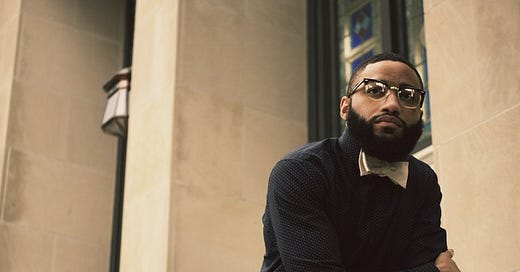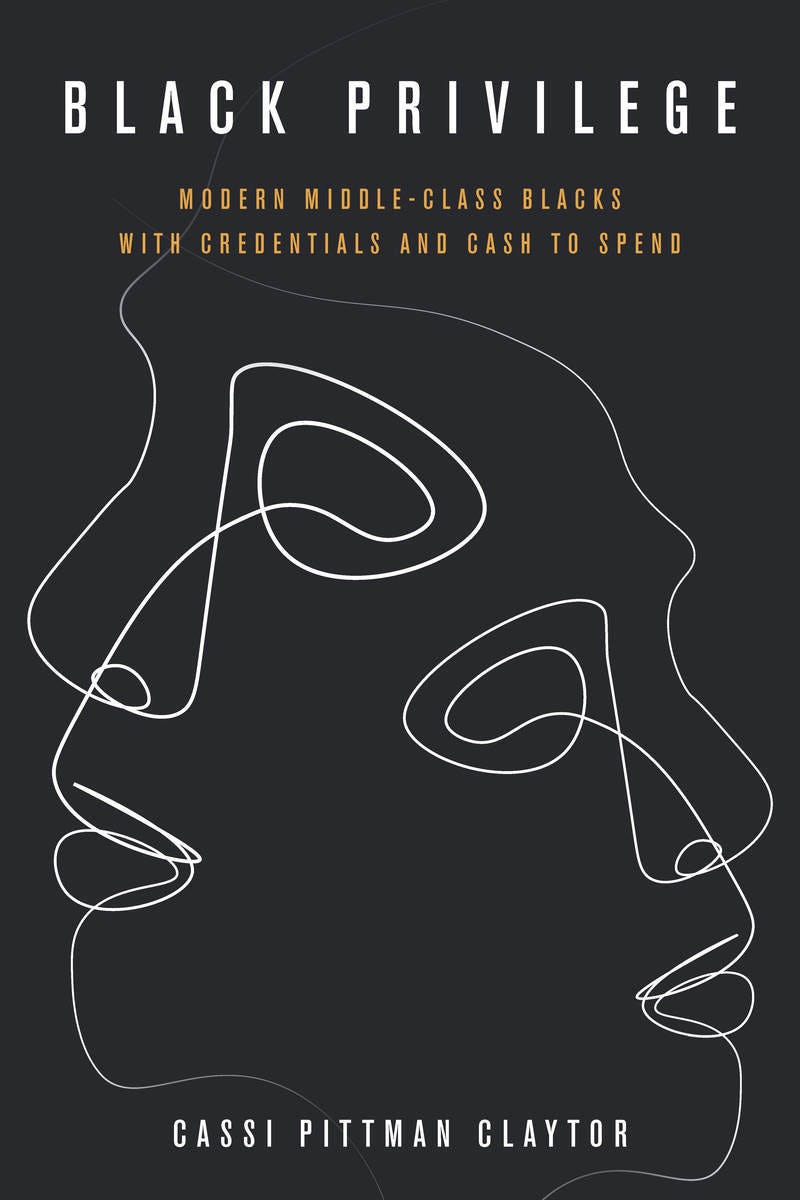Does Black Privilege Exist?
We’ve often heard the term “white privilege” used to denote the unspoken societal advantages that white Americans have over People of Color. First coined by activist and scholar Peggy McIntosh in 1988 in her paper "White Privilege: Unpacking the Invisible Knapsack,” this legacy remains pervasive throughout systems and institutions of modern society.
Now is a groundbreaking book entitled “Black Privilege: Modern Middle-Class Blacks With Credentials and Cash To Spend (Stanford University Press— 2020) Case Western Reserve University professor and scholar Cassi Pittman Claytor examines the underlying social and cultural underpinnings of Black economic behavior and privilege in America.
Dovetailing off of New York’s distinction of having the largest Black American population of any U.S. metro area, Pittman-Claytor’s book draws from research conducted in the New York metropolitan area between 2009 and 2014 of fifty-four middle-class Blacks. Demographically, this area, according to Pittman-Claytor, continues to see a steady rise of socio-economically privileged Blacks.
Pitman-Claytor takes a deep dive into the experiences of Black middle-class New Yorkers she featured, as they adroitly navigate the social and business environments that signify their everyday lives. This collective research highlights the consumer strategies and cultural tools one must employ in order to survive and thrive in a Black middle-class world.
Pittman- Claytor offers a sobering look at how this economically advantaged cohort utilizes privilege to gain access to elite space, connections, and resources, all on the backdrop of continued racial bias and stigma. She closely examines consumption, lifestyle patterns, and everyday practices that allow middle-class Blacks to strategically navigate divergent cultural worlds.
As noted in an excerpt from her book:
“The slow but steady expansion of the Black middle class has led to the emergence of black privilege — a unique set of social experiences and entitlements that accompany middle-class status as blacks experience it. Black privilege refers to the experience of advantage, the benefits that accrue from having access to cultural and material capital, and the world views that result from the opportunities and experiences that generate such resources. But it also attends to the matrix of tastes and preferences, manifested in the habits, everyday practices, and leisure pursuits of modern middle-class blacks that demonstrate their racial identities and allegiances.”
Black Privilege provides myriad first-hand accounts from the respondents interviewed for the book. By way of example, Renee, a 32-year old digital marketing manager, in discussing her lived experience in toggling between her social and professional worlds in the NY area noting:
“Having diverse experiences growing up, I mean, I know how to play the Corporate America game. I know how to blend in. I know what to say and what to do.”
Then there is the example of Tasha, “a young attorney living in Harlem where black culture is celebrated and where she feels part of a black community. But each day at work she “enters an office where she is the exception, as one of just two black women present. There she begins to play a complicated game: how to leverage her class privilege against persistent, everyday racism.”
Providing context to these experiences, Pittman-Claytor gives homage to the work of preeminent Black scholar W.E.B. Du Bois who used the term double-consciousness to describe the internal conflict experienced by Blacks faced with "always looking at oneself through the eyes" of a racist white society and "measuring oneself by the means of a nation that looked back in contempt".
Despite the incongruence of having to often make concessions to fit in with the dominant white cultural narrative, respondents like Renee and Tasha were quick to emphasize their deep pride in being unapologetically Black.
With profoundly moving storytelling and narratives. Black Privilege offers uncommon insight into the Black middle-class, examining the critical importance of cultural embrace in enjoying material comforts and overcoming racism. This must-read is an eye-opener for anyone curious about the intricacies of Black wealth and status advancement in America.






